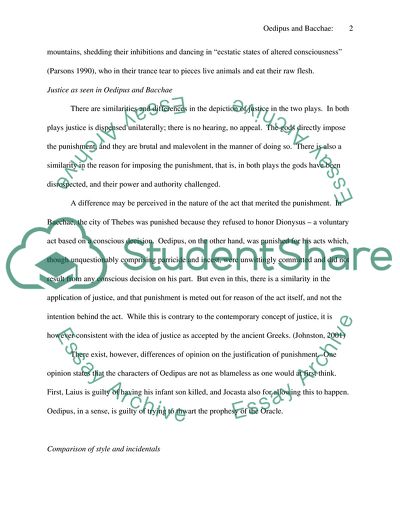Final Paper Coursework Example | Topics and Well Written Essays - 1250 words - 3. https://studentshare.org/literature/1726193-final-paper
Final Paper Coursework Example | Topics and Well Written Essays - 1250 Words - 3. https://studentshare.org/literature/1726193-final-paper.


